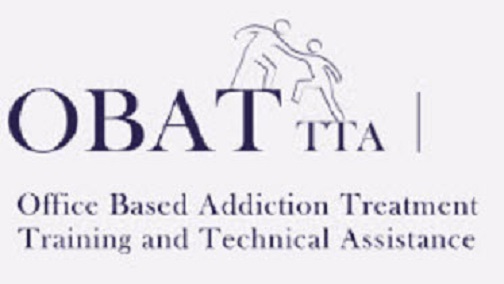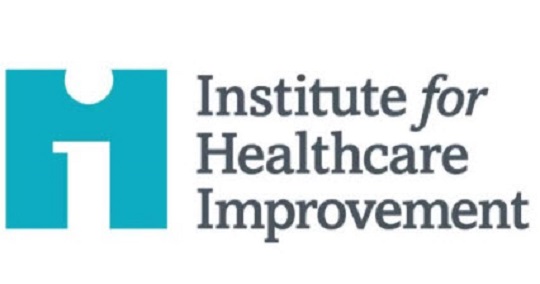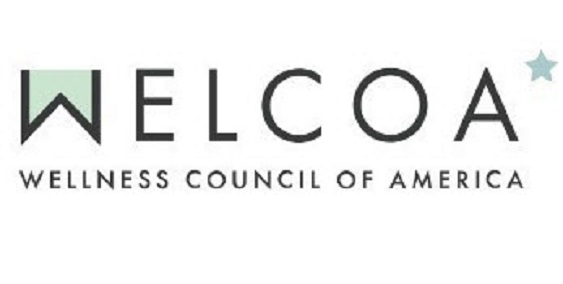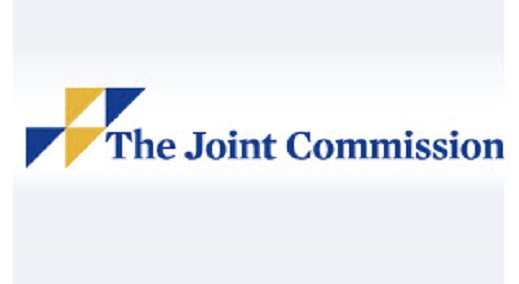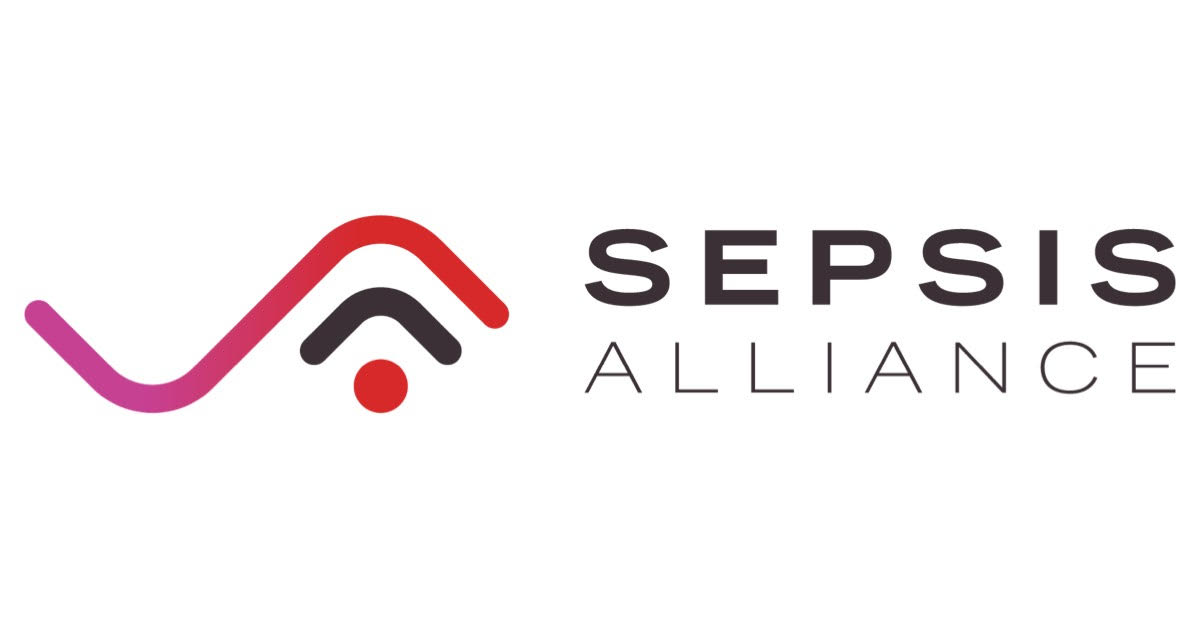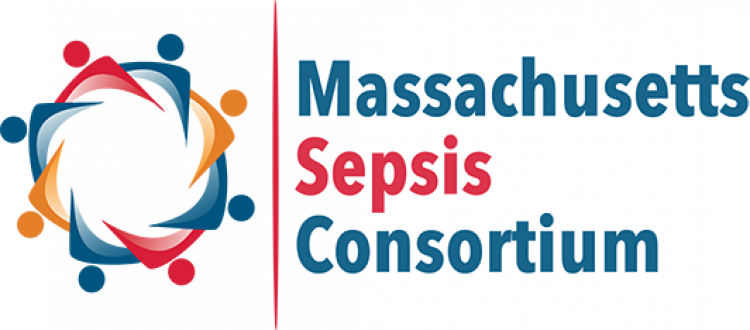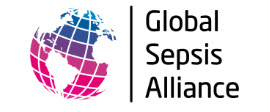The most recent opioid law, Chapter 208 of the Acts of 2018, requires acute care hospital emergency departments to have the capacity to initiate opioid agonist treatment, including buprenorphine.
To aid hospitals in implementing this policy, Boston Medical Center Office Based Addiction Treatment Training and Technical assistance (BMC OBAT TTA) offers free addiction trainings across Massachusetts for health care and social service providers. Scheduled trainings, including buprenorphine waiver trainings, are hosted in various locations around the state.
The Drug Addiction Treatment Act of 2000 requires physicians to complete 8 hours of approved training to be eligible for a waiver, and nurse practitioners (NPs), certified nurse specialists (CNSs), certified nurse midwives (CNMs), certified registered nurse anesthetists (CRNAs), and physician assistants (PAs) to complete 24 hours. NPs, CNSs, CNMs, CRNAs, and PAs are able to complete these 8-hour trainings and then do a supplemental free online 16-hour training to meet the 24-hour requirement.
The dates, locations, and registration links for the trainings can be found here…

